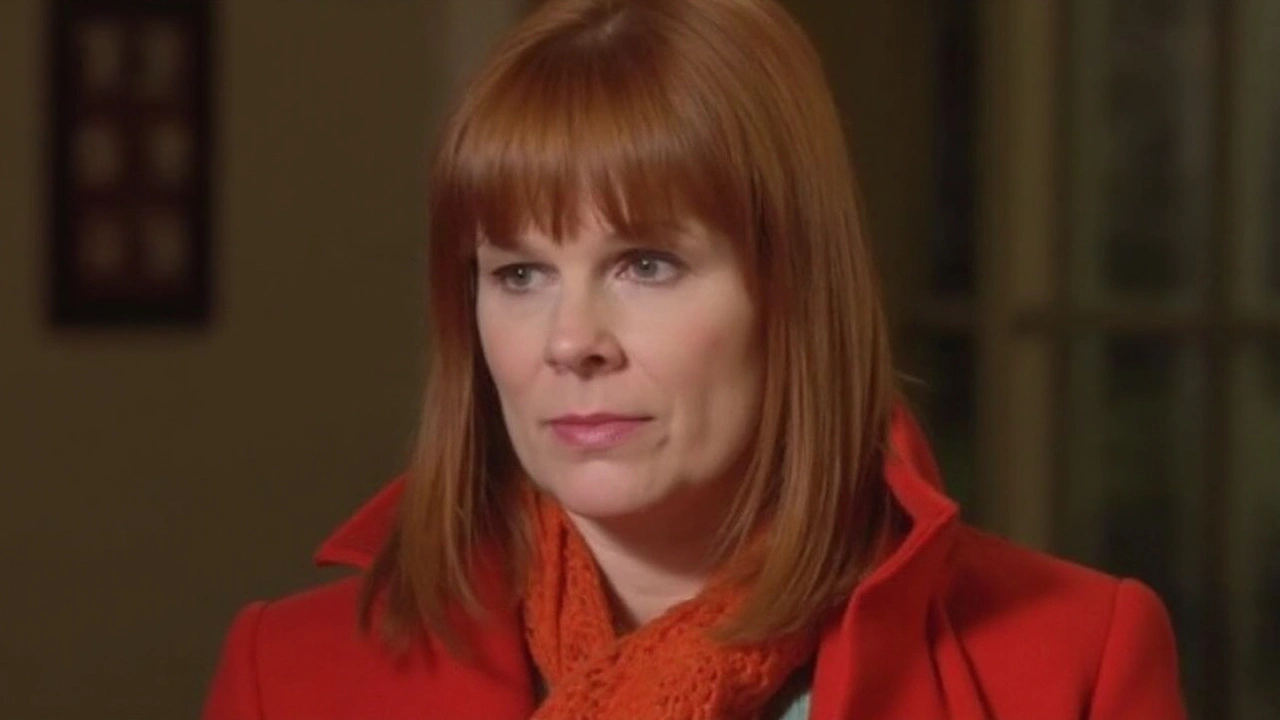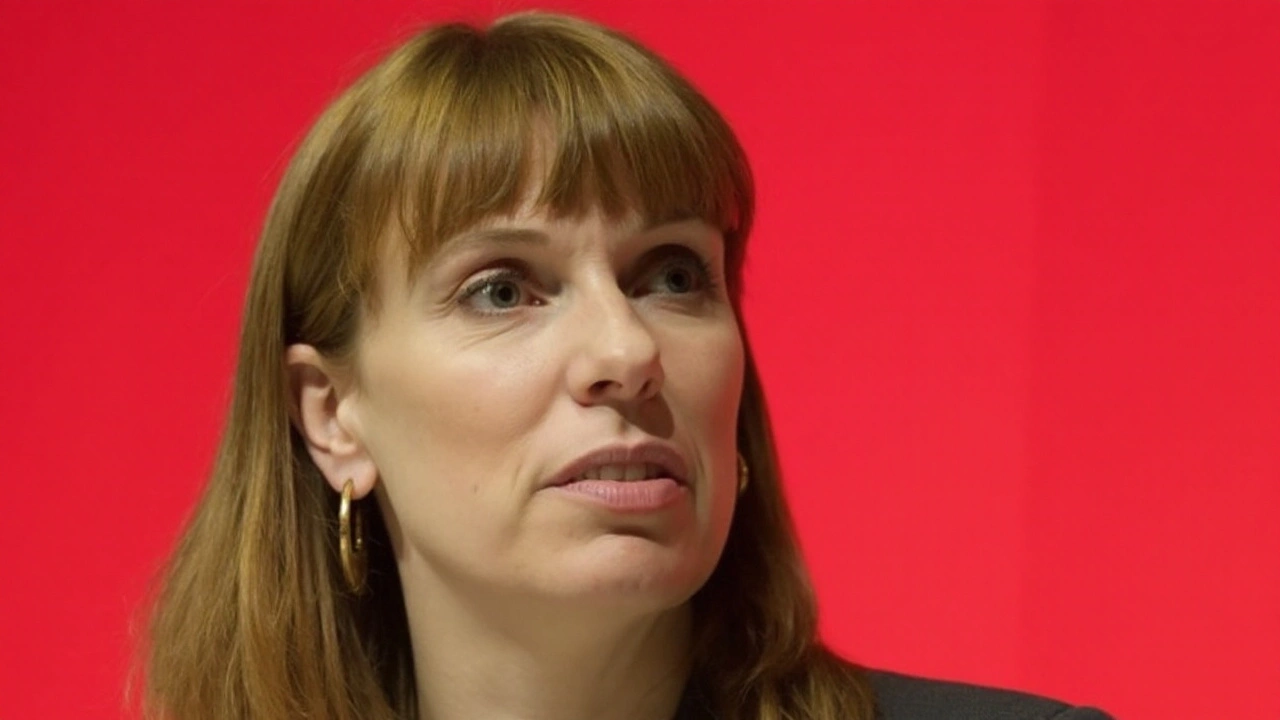A handwritten goodbye, a political headache
The Prime Minister did something rare in modern politics: he sent a handwritten letter. In it, Sir Keir Starmer called Angela Rayner a “true friend,” praised her as a symbol of social mobility, and made clear he did not want her to go. That tone says everything. This was not an easy clean break. It was a painful loss of a senior ally who helped hold together Labour’s broad church.
Rayner’s resignation over underpaid tax, and the breach of the Ministerial Code that followed, strips the government of a big political asset. She was Deputy Prime Minister and in charge of housing policy, but her value ran beyond titles. She gave Starmer’s project an anchor in the party’s left, credibility with trade unionists, and a voice that could carry in rooms where the leadership’s centrism sometimes lands softly.
Inside Labour, that bridge mattered. Rayner grew up in social housing, worked as a care worker, and rose through the trade union movement before winning the deputy leadership in 2020. She speaks the language of members who want faster change on workers’ rights, council housing, and regional inequality. When she stood next to Starmer, it told sceptics in the movement that this government was not just management and message discipline.
The resignation will dominate Westminster for days because of what it represents: a test of Starmer’s promise to run a cleaner, steadier government, and a stress test for his internal coalition. Ministers have fallen before over tax issues—remember how Nadhim Zahawi’s case dragged the Conservatives for weeks. Starmer will want to shut this down quickly, fill the housing brief, and keep policy on track.
That won’t be simple. Housing was slated as a flagship area: planning reform, spades in the ground, renters’ protections, and the promise of new towns. Whoever takes over faces a fierce delivery timetable and local resistance that does not care about reshuffles. Any slippage will be noticed by voters who can’t afford a first home or are stuck in poor rentals.
There is a second, quieter impact: Labour’s internal balance. Rayner’s presence inside government gave the party’s left and its union allies a seat at the top table without a fight. Her move to the backbenches changes the shape of those conversations. Starmer will still push his agenda, but the range of voices around him has narrowed. The risk isn’t a revolt tomorrow; it’s the long grind of feeling unheard in policy detail—on workers’ rights, on public sector pay, on the pace of reform.

What comes next for Rayner—and for Labour
Rayner is down, not out. She keeps her seat in Parliament and a platform bigger than most. If she wants it, she can become a force on the backbenches: making sharp speeches, shaping amendments, and working with select committees to scrutinize the government she just left. British politics has a habit of reviving fallen stars who keep their networks strong and choose their battles well.
Don’t expect disloyalty. People close to Rayner say she understands the stakes of this Labour government and won’t light fires for the sake of it. But she is, whether she likes it or not, a rallying point for members and activists who want the government to drive harder on housing supply, renters’ security, and the party’s promised “new deal” for workers. From the backbenches, she can press those causes in a way that is harder from the Cabinet table.
Her union roots matter here. Union conferences listen to her. Constituency parties value her story. With local elections and conference season always on the horizon in British politics, she can shape the atmosphere in the hall and the headlines outside it—without contradicting the leadership outright.
The ethics question won’t vanish overnight. Underpaying tax is not a rounding error in public life. Rayner’s swift resignation is designed to draw a line and protect the government’s wider claim to higher standards. The Prime Minister’s personal letter, and his emphasis on friendship and regret, was a bet that she remains part of the story of this government—just not at the top table for now.
Inside No. 10, the practical worries are immediate and unglamorous. A new housing secretary must be appointed and briefed fast. Draft bills and Whitehall timetables may need reworking. Stakeholders—housebuilders, local leaders, renters’ groups, mortgage lenders—will ask whether the strategy is unchanged and who has the authority to make calls.
Politically, Starmer has to answer two audiences at once. To voters: the message that the rules are the rules, even for allies, and the government keeps moving. To the Labour movement: reassurance that the left still has a stake in delivery, not just applause lines. That means visible progress on the party’s social programme—particularly the workers’ rights package promised in opposition and the plan to speed up housebuilding through planning reform.
Rayner’s supporters see a path back. It has happened before. Big figures leave the Cabinet, rebuild on the backbenches, and return when time and circumstance change. The route usually runs through hard work in Parliament, a firm handle on a few policy areas, and a reputation for loyalty under pressure. Rayner can do all three.
For now, watch four things:
- Who takes over housing—and whether the policy timetable slips or holds.
- How union leaders and the party’s left respond at meetings, media rounds, and conference.
- Whether Rayner picks one or two big issues to own from the backbenches, rather than trying to be everywhere at once.
- How Downing Street uses its next reshuffle to balance wings of the party and keep discipline without smothering debate.
This episode also brushes against a deeper question. Labour won power by promising calm competence after years of chaos. That bargain rests on delivery and integrity. If standards wobble, the government has to act visibly and fast. If delivery stalls, the brand fades. Rayner’s exit affects both fronts at once: it touches the integrity story and complicates delivery on a signature policy area.
There is no sign of a formal split. The Parliamentary Labour Party remains disciplined, and most MPs know the price of public infighting. But politics is not just votes in the Commons; it is mood, momentum, and who sets the agenda. Rayner is a natural agenda-setter. From the backbenches, with a microphone and a cause, she can still move the conversation.
The Prime Minister’s letter tried to lock in a future working relationship, not write an epitaph. He talked about friendship, about social mobility, about the personal journey that made Rayner an effective messenger for Labour’s mission. Those lines were not accidental. They were a signal to the party and the country that, while she is out of government, she is not being cast out of the project.
Expect a careful choreography in the weeks ahead. A respectful appointment to housing to steady the ship. A few set-piece moments that underline the government’s grip on delivery. And, somewhere in the Commons chamber, a familiar voice making the case for the people who sent her to Parliament in the first place.
